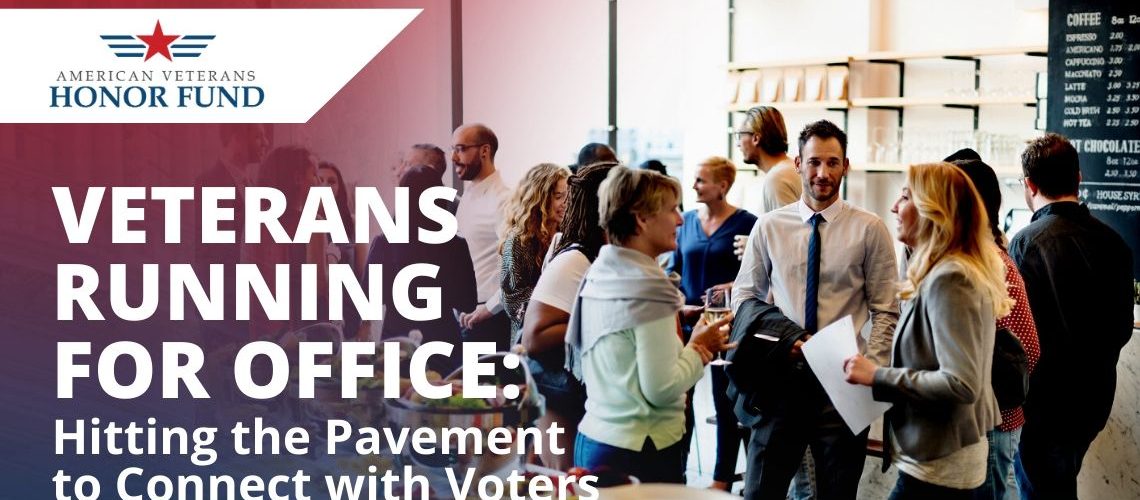If you look around any given public place, at any given time, you’ll see one common theme: everyone is focused on their phones. Texting, tweeting, emailing, reading — each day, we get closer to a new reality of total reliance on technology to do everything from order dinner to obtaining healthcare.
This movement towards relying so heavily on our devices has consumed our attention. Phone calls are now considered out of the ordinary by many, particularly among young people. So this can make it difficult to truly connect with users “offline”. However, this is one of the cornerstones of political campaigning — the door knocking and canvassing and having real conversations with real voters.
How can incoming candidates best strike a balance between positioning themselves online as well as on the ground, offline? Part of connecting with voters is talking to them and generating ideas out of those conversations. After all, no matter what office you run for, the intent is always to help the community become better and stronger. So why not take it to the streets and find out what, exactly, is needed to make that happen?

We’ve discussed the idea and strategy behind crafting a personal story that can connect you more easily with the right voters. Now let’s talk in more detail about the actual on the ground action that should follow.
Research backs up the hypothesis that on the ground action makes an impact when it comes to politics. Canvassing is a perennially successful form of campaigning because it shows a higher level of dedication to the idea of connecting with voters and showing empathy for them.
You may balk at the idea of door knocking, but it’s actually a very effective way to connect with voters and have real conversations about the issues that matter to them. However, door knocking also requires some tact and skill — this video can help you hone the skills you’ll need to have a successful door knocking campaign. You may also want to consider starting a phone bank, which is also an instrumental tool for reaching more potential voters throughout the campaign.
However, canvassing shouldn’t be approached without a plan. A message that is too scripted, not employing active listening skills, and having poor conversational skills are all common areas of improvement for even the most charismatic candidates. Therefore, these are all areas of focus to improve and fine tune as a candidate builds his or her platform and crafts their personal story.
Another way to connect with voters on the ground is to host events. And no, not every event needs to be a fundraiser to have importance. Hosting events in the community in which you hope to secure a winning vote shows support of your neighborhood and a commitment to gathering voters together with the intent of listening to them and coming up with actionable ways to make a difference.
Making the idea of connecting with voters a priority is important to do from the outset. After all, the voters are who will determine your success on the campaign trail. How can you serve them the best? Read more here.


